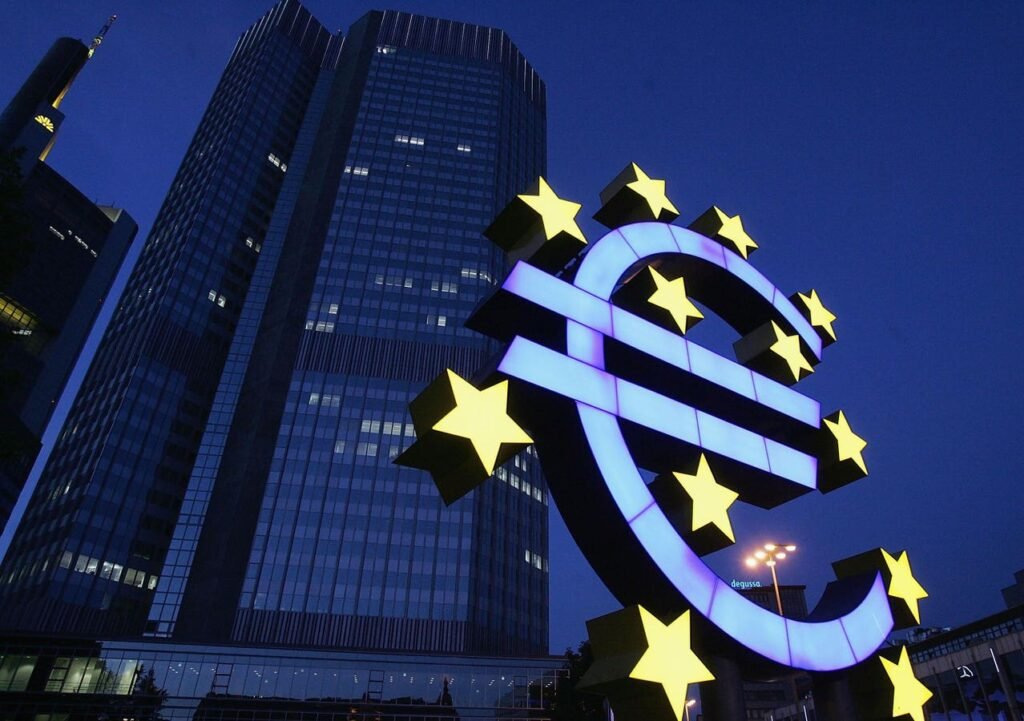Europe is facing a crucial challenge in its venture capital (VC) ecosystem, hindering the continent’s ability to compete with the likes of the US and China in creating and scaling innovative startups. With annual VC investments in the EU averaging only 0.2% of GDP, compared to 0.7% in the US, European startups often seek funding abroad, leading to a brain drain and loss of economic potential. Factors contributing to Europe’s VC deficit include fragmented markets, risk-averse investment culture, regulatory hurdles, limited exit options, and insufficient government support.
The consequences of underinvestment in European VC extend beyond the startup ecosystem, impacting the continent’s competitiveness, productivity, and ability to lead in crucial emerging technologies. With a widening productivity gap compared to the US and lower investments in clean tech sectors, Europe risks falling further behind in areas like artificial intelligence and clean energy technologies. Despite these challenges, there are signs of progress in Europe’s VC landscape, such as impressive growth in total VC investments, success stories of companies like Spotify, and government initiatives like the European Investment Fund’s involvement in VC funds.
To bridge the VC gap with the US, key recommendations include completing the Capital Markets Union, regulatory reform to attract more institutional investors to VC, implementing tax incentives, bolstering public support through entities like the European Investment Fund, improving exit options, cultivating talent, and fostering a risk-taking culture. Policymakers, investors, and entrepreneurs must work together to implement these reforms urgently to ensure Europe’s competitiveness in the global innovation race. With growing recognition among policymakers of the need to support the innovation ecosystem, Europe has the potential to become a global tech leader with the right strategies in place.
Looking ahead, factors like a maturing ecosystem, technological sovereignty, green transition, remote work trends, and increased US market saturation could accelerate Europe’s VC growth. The continent must act now to unleash a wave of innovation, transform its economy, and solidify its position as a global tech leader. Failure to address the VC deficit risks relegating Europe to technological dependence and sluggish growth. By implementing coordinated strategies at both national and EU levels, Europe can close the gap with the US and become a powerhouse for innovation, driving productivity growth and creating high-value jobs in critical sectors.
The clock is ticking for Europe to step up its game in the global VC arena and secure its economic future. With determination, smart policies, and a willingness to embrace change, the EU can transform its venture capital challenge into an opportunity for renewed economic dynamism and prosperity. The next decade is crucial for European venture capital, and the continent must act decisively to create an innovation ecosystem that rivals any in the world. The alternative of falling further behind is not an option, and Europe’s economic future may depend on its ability to compete in the global innovation landscape.











